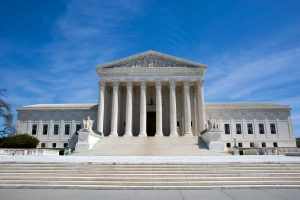When a person creates a New York Estate Plan, one of the most important documents is a Last Will and Testament. A Will is an instrument that controls the disposition of assets that are owned in the name of the decedent alone at the time of death. Assets that are owned in a different manner such as joint ownership or with a designated beneficiary pass automatically to the named party outside of the Will.
In order for a Will to be valid it must be executed in accordance with the statutory requirements provided in the New York Estate Laws. Estate lawyers know that the guidelines provided in Estates, Powers and Trusts Law (EPTL) section 3-2.1 entitled “Execution and attestation of wills; formal requirements” must be strictly followed. If a Will fails to meet the tests of this statute, the Surrogate’s Court won’t admit the Will to Probate. The New York Probate Lawyer Blog has posted many articles regarding Wills, Will Contests and Probate.
Once a person has executed a Will, there are times when he wants to change the terms of the document. Once again, any modifications need to comply with EPTL 3-2.1. This can be done by a Codicil or amendment to the original Will or a by executing a new Will that is properly signed. However, if the original Will is changed by merely handwriting new information on the document or making notes about cancelling it, the Will in original form still remains viable. This is because the changes were not done in accordance with the statute.
 The New York Surrogates’ Court is the judicial branch of the legal system that deals primarily with issues concerning a decedent’s estate. These Courts are located in the various counties. In New York City, the locations of the Courts are as follows:
The New York Surrogates’ Court is the judicial branch of the legal system that deals primarily with issues concerning a decedent’s estate. These Courts are located in the various counties. In New York City, the locations of the Courts are as follows: New York Probate Lawyer Blog
New York Probate Lawyer Blog

